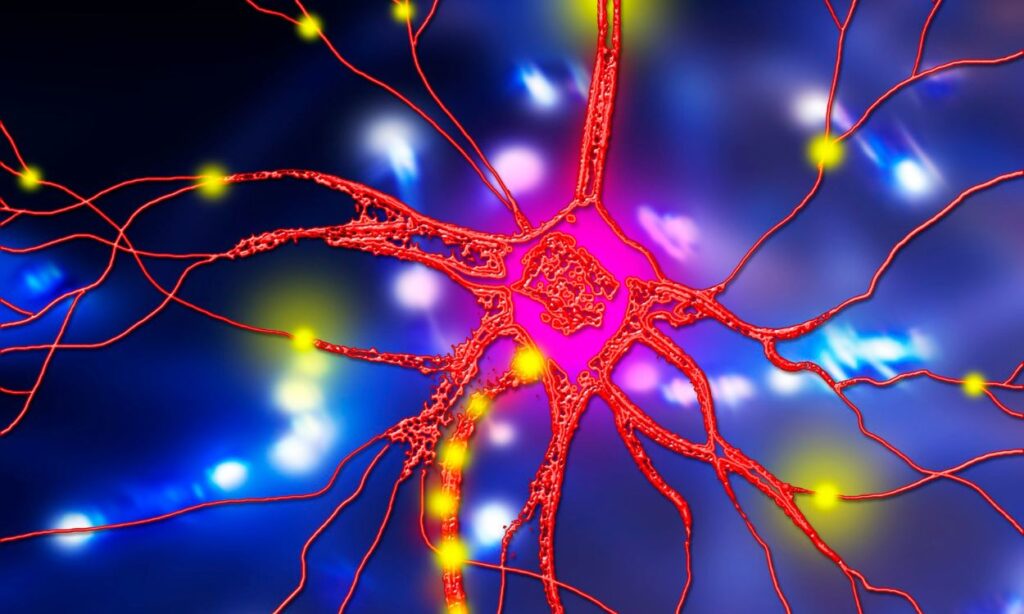Understanding Binge Eating: More Than Just Overeating
Binge-eating, a common eating disorder, involves consuming large quantities of food in a short period, often accompanied by feelings of loss of control. This behavior goes beyond occasional overeating, reflecting deeper emotional or psychological issues.
The Psychology Behind Binge Eating

Binge-eating is often linked to stress, emotional distress, or mental health conditions like depression and anxiety. It serves as a coping mechanism, albeit an unhealthy one, for dealing with challenging emotions or situations.
Recognizing the Signs of Binge Eating
Recognizing the signs of binge-eating is crucial for seeking help. These signs include eating large amounts of food rapidly, eating in secret, feelings of shame or guilt after eating, and a sense of loss of control during eating episodes.
When to Seek Help
If these patterns become frequent, it’s essential to seek professional help. This is where Best of You can step in, offering specialized support for eating disorders.
Steps to Stop Binge Eating
1. Understanding Your Triggers
Identify what triggers your binge eating episodes. It could be emotional stress, certain environments, or specific times of the day. Awareness is the first step towards change.
2. Develop Healthier Coping Mechanisms
Replace binge eating with healthier activities like exercise, journaling, or engaging in a hobby. This shift helps manage emotions without resorting to food.
3. Practice Mindful Eating
Mindful eating involves being present and fully engaging your senses while eating. It helps in recognizing hunger and fullness cues, reducing the likelihood of overeating.
4. Seek Professional Help
Professionals like those at Best of You can provide tailored support and therapy, addressing the root causes of binge-eating.
The Role of Nutrition in Managing Binge Eating
Balancing Your Diet
A balanced diet is vital in managing binge-eating. It prevents extreme hunger that can trigger binge episodes. Consult a dietitian to help create a meal plan that suits your needs.
Importance of Regular Meals
Eating regular, balanced meals helps stabilize blood sugar levels, reducing cravings and the urge to binge.
How Best of You Can Help
Personalized Support and Therapy
Best of You offers personalized support, including meal support and therapy sessions to address emotional triggers and develop healthier coping strategies.
Family and Community Support
Involving family and community in the recovery process can provide a supportive environment, crucial for long-term recovery.
Overcoming Binge Eating: A Journey to Recovery
Celebrating Small Victories
Recovery is a journey. Celebrate small victories, like a day without binge-eating, to stay motivated.
Maintaining Long-Term Changes
Focus on maintaining the changes you’ve made. Regular check-ins with professionals at Best of You can help stay on track.
Your Path to a Healthier Lifestyle
Stopping binge-eating is challenging, but with the right strategies and support, it’s achievable. Best of You is committed to guiding you through this journey, helping you reclaim your health and well-being.
If you’re struggling with binge-eating, don’t wait. Visit Best of You’s binge-eating page and start your journey towards recovery today.





